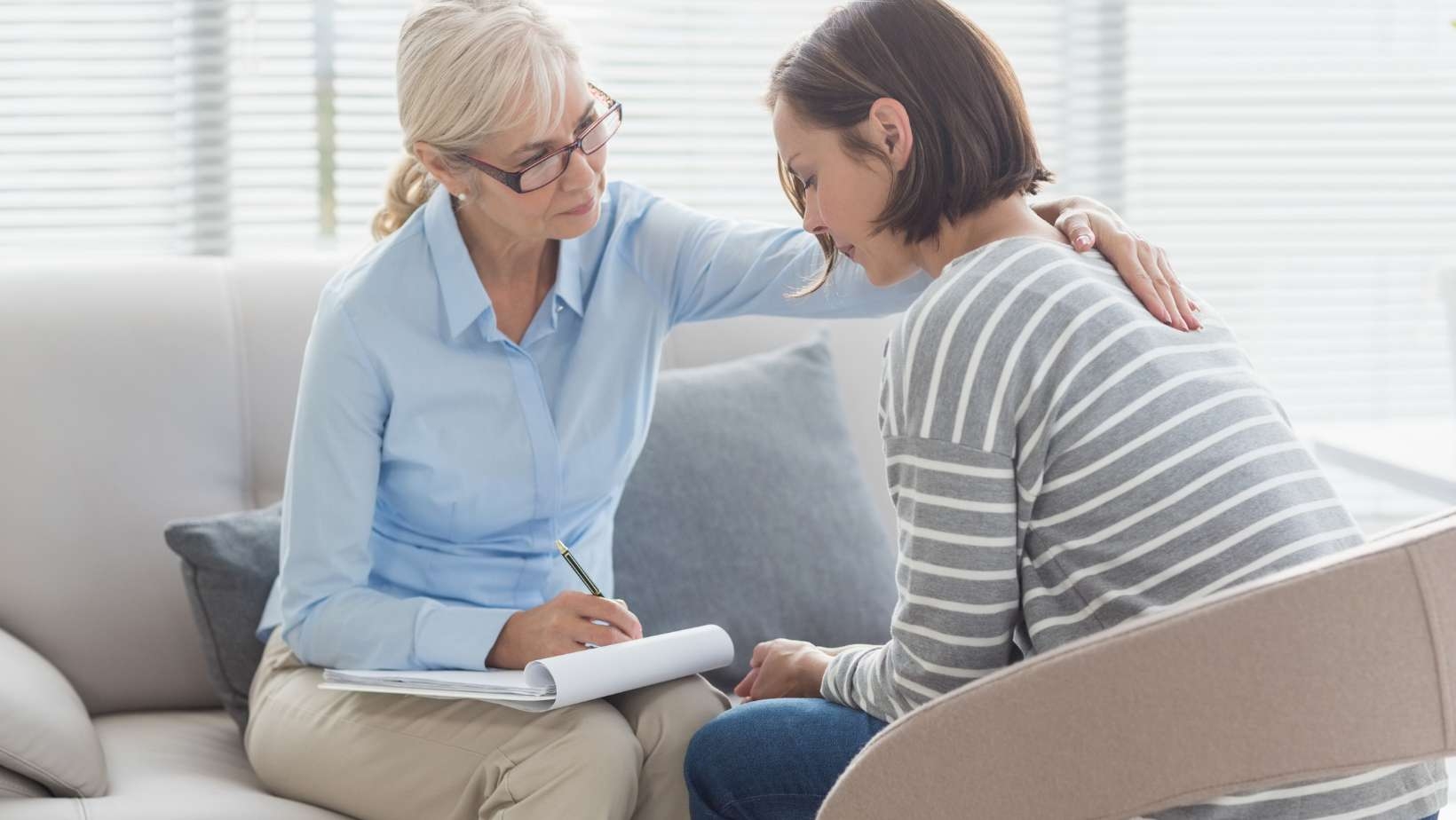Eating disorders often stem from complex psychological and emotional factors, with body image issues playing a central role in their development and persistence. Overcoming these challenges and fostering a positive self-perception are critical aspects of the recovery journey. This article explores tools and strategies to navigate body image issues, promoting a healthy relationship with oneself during the recovery process.
Body image issues are a pervasive concern for individuals with eating disorders, wherein they often perceive themselves in a distorted and negative light. Society's unrealistic standards of beauty and the pervasive influence of social media exacerbate these feelings of inadequacy, making it challenging to develop a healthy self-image.
In the journey towards recovery, fostering positive self-perception becomes a vital goal. One of the primary tools to achieve this is therapy, particularly cognitive-behavioral therapy (CBT) and body image-focused therapy. CBT helps individuals recognize and challenge negative thought patterns and beliefs about their bodies. It encourages reframing these thoughts into realistic and positive perspectives, aiding in building a healthier body image.
Additionally, body image-focused therapy concentrates specifically on improving body image perception. Therapists work with individuals to address body dissatisfaction and help them develop coping strategies to manage negative thoughts and emotions related to their appearance. By enhancing body acceptance and self-compassion, individuals can gradually rebuild their self-esteem and self-worth.
Another essential tool is mindfulness practices. Mindfulness encourages individuals to cultivate awareness of their thoughts and feelings without judgment. This practice allows individuals to detach from harmful self-criticisms and embrace self-acceptance. Mindful eating is a subset of mindfulness that encourages individuals to reconnect with their body's natural hunger and fullness cues, promoting a healthier relationship with food and one's body.
Engaging in regular physical activity that aligns with one's interests and abilities can also contribute to a positive self-perception. Exercise can enhance mood, body awareness, and overall well-being. However, it's crucial to approach exercise with a balanced mindset, focusing on health rather than using it as a tool for extreme weight control.
Support groups and peer networks are invaluable resources in the recovery journey. Sharing experiences and challenges with others who have faced similar struggles can provide a sense of belonging and encouragement. These communities offer a safe space for individuals to express their feelings and receive validation and guidance from others who understand their journey.
Lastly, fostering a nurturing and supportive environment is essential. Surrounding oneself with people who promote positive body image and self-acceptance can significantly influence the recovery process. Open communication with loved ones about one's struggles and progress fosters understanding and helps create an atmosphere of support and encouragement.
In conclusion, navigating body image issues is a crucial aspect of eating disorder recovery. Utilizing therapeutic interventions, practicing mindfulness, engaging in regular physical activity, seeking support from peers, and fostering a supportive environment are effective tools in developing a positive self-perception. By incorporating these tools into the recovery journey, individuals can gradually rebuild their self-image and embark on a path of healing and self-acceptance.
Please Visit These Profiles to Know More…
https://joyrulez.com/blogs/352254/Inside-the-Mind-of-an-Eating-Disorder-Psychologist-Unveiling-the
https://www.debwan.com/blogs/518861/Mastering-Change-How-CBT-Helps-in-Eating-Disorder-Recovery
https://community.wongcw.com/blogs/591778/5-Steps-to-Finding-the-Perfect-Eating-Disorder-Therapist
https://macro.market/company/hannah-myall-psychologist
https://www.mentorhub.info/dee-why/personal-growth/hannah-myall-psychologist
https://www.successcenter.com/new-south-wales/dee-why/organizations/hannah-myall-psychologist
https://trueen.com/business/listing/hannah-myall-psychologist/365112
https://www.ilocatelocal.com/dee-why/health-beauty-lifestyle/hannah-myall
https://ouptel.com/hannahmyallpsychologist
https://sharingfield.com/hannahmyallpsychologist
https://say.la/hannahmyallpsychologist
https://wiwoch.com/pages/hannahmyallpsychologist
https://blacksocially.com/hannahmyallpsychologist
https://cs.astronomy.com/members/hannah-myall-psychologist/default.aspx
https://demo.userproplugin.com/profile/hannahmyall/
https://postgresconf.org/users/hannah-myall
https://themajority.scot/members/hannahmyall/profile/
https://cart-help.com/user/11944-hannahmyall/
https://www.tm-town.com///translators/hannahmyall
https://cpd.farmasetika.com/members/hannahmyall/profile/
https://fun4friends.com/profile-3309138
https://www.dosula.com/user/hannah-myall-psychologist
https://serviceprofessionalsnetwork.com/members/hannahmyall/


